J.B. MacKinnon is an environmental journalist living in Vancouver. His most recent book, The Day the World Stops Shopping, imagines what would happen were we all to suddenly and substantially reduce our consumption. His 2007 book, The 100–Mile Diet, co-written with his partner, Alisa Smith, was a funny and revelatory bestseller.
Julie McGonegal: We’re living an existential tension: we need to stop consuming so much for the sake of the planet, but we need to keep shopping to save the economy. Your book offers a thought experiment: what happens when the world stops shopping? Take me through that.
You may unsubscribe from any of our newsletters at any time.
J.B. MacKinnon: We see an abrupt stop in shopping, as we did in the pandemic. We also see terrible economic consequences — and that’s something important for people to confront. We are dependent on the consumer society as we know it. We are vulnerable to its forces, and that should challenge us.
Yet we also see, as we did in the early lockdowns, immediate changes in ourselves as humans and in the environment, including an abrupt drop-off in carbon emissions. We see bluer skies and starlit nights.
And then we see changes in ourselves: if we cut ourselves off from shopping, we’re cutting ourselves off from a set of materialist values associated with consumerism.
JM: Where do we turn instead?
JBM: Do people find more satisfying values when consumerism doesn’t dominate?
Many people make that turn really quickly and start to invest in what’s most important to them: their social contacts, the people they care about, spending time in nature and developing more meaningful pursuits.
JM: Your book is deeply informed by the pandemic, which unfolded at the time of writing. What are some differences between lockdowns and what would happen in a lower-consuming society?
JBM: One crucial difference is that we were cut off from society during the pandemic. What we find when we look at people who practise voluntary simplicity, or when we talk to psychologists about materialism and the values associated with it, is that those who move away from consumerism fill the void left behind mainly with interactions with other human beings. We didn’t really have that option during the lockdowns, though people tried; you did see people reaching out on Zoom, say, to friends and family, but it wasn’t as satisfying as it would be in real life.
JM: These questions are complicated by issues around the disparity of wealth.
JBM: Yes, one thing I notice travelling in poorer countries is that people there feel very acutely that other people get to consume a lot more. It raises the question of whether we would raise the happiness of people living in poorer countries if we drew down our consumption levels so that our lifestyles were closer to theirs — which, of course, represent the more sustainable lifestyles on the planet right now.
JM: The focus in conversations about the climate is normally on greening our consumption patterns. Why isn’t that enough?
JBM: We’ve been trying to find — and have made great progress in finding — more efficient technology and cleaner renewable energy, but we’ve yet to achieve a decline in global carbon emissions through those means. Still, we see that any time our consumption patterns slow down, as in the pandemic, there’s an abrupt drop-off in those emissions on a global scale.
Then there’s the example of LED lights, which I explore in the book. When I wrote about them in The New Yorker, the idea that they were not going to end up saving energy seemed absurd to me. But when I travelled in Asia as part of the research for this book, I saw first-hand the incredible rise in decorative lighting — whole buildings draped in or composed of LED lighting panels.
These kinds of examples drive home for me the fact that there’s a consumer mentality and a corresponding consumer society built on structures that undermine all of our efforts to green our consumption.
JM: How much, if at all, should we as individuals assume responsibility?
JBM: An important lesson for me has been that it’s too much to put on the consumer. We are consumers in a consumption-driven economy, and then we beat ourselves up for consuming! There are tremendous forces — social, cultural, economic, political — encouraging us to consume. And yet we feel bad if we can’t navigate all of that ourselves.
More on Broadview:
- Can Christmas be fun and soulful again?
- How minimalism can improve your life
- We need to return to the mindset that broken goods can be fixed before they’re junked
To give you an example: a lot of people who want to read this book think a lot about this issue. Many of them ask me: How should I buy it? Should I take it from the library? I don’t have an answer for them, because it’s so complicated.
JM: The conundrum of neoliberalism is that the guilt gets downloaded onto the individual. It’s a lot for people to cope with.
JBM: It’s a terrible system, and people endure actual pain around these choices and the impossibility of making them. Still, there are lots of good reasons for people to reduce their consumption as individuals: they can save money; they can engage better with environmental issues; and it might just change their life in significant ways if they pursue a path of voluntary simplicity. But to really change things, we’ve got to make changes at the structural level of societies.
JM: How large an economy could we generate and still be lower consuming?
JBM: We don’t know yet how innovative an economy we could build around quality, instead of quantity, of goods. I believe you could build a lower-consuming economy that is stronger than people would think. But it certainly would be smaller and slower churning than what we have today. There would be less work available and less wealth being generated, which immediately makes opportunities for work and the division of wealth even more important than they are today. But it’s not as though we, in the present, have a lot of lessons to teach that future.
JM: How could people who want to practise voluntary simplicity make it a satisfying endeavour — especially during the holidays when that path can feel so hard?
JBM: If you look at people who choose to take a deconsumer approach to Christmas, you see this really clearly. You see people step away from Christmas and then feel dissatisfied because there is no ritual, no celebration, no gathering. They stop consuming so much stuff, but it doesn’t feel that great.
The people who succeed at it are the people who build something in its place, and take deep satisfaction from gathering with others, developing traditions.
***
This interview has been edited and condensed for length and clarity. It first appeared in Broadview’s December 2021 issue with the title “Curbing our consumerism.”
Julie McGonegal is a writer and editor in Barrie, Ont.

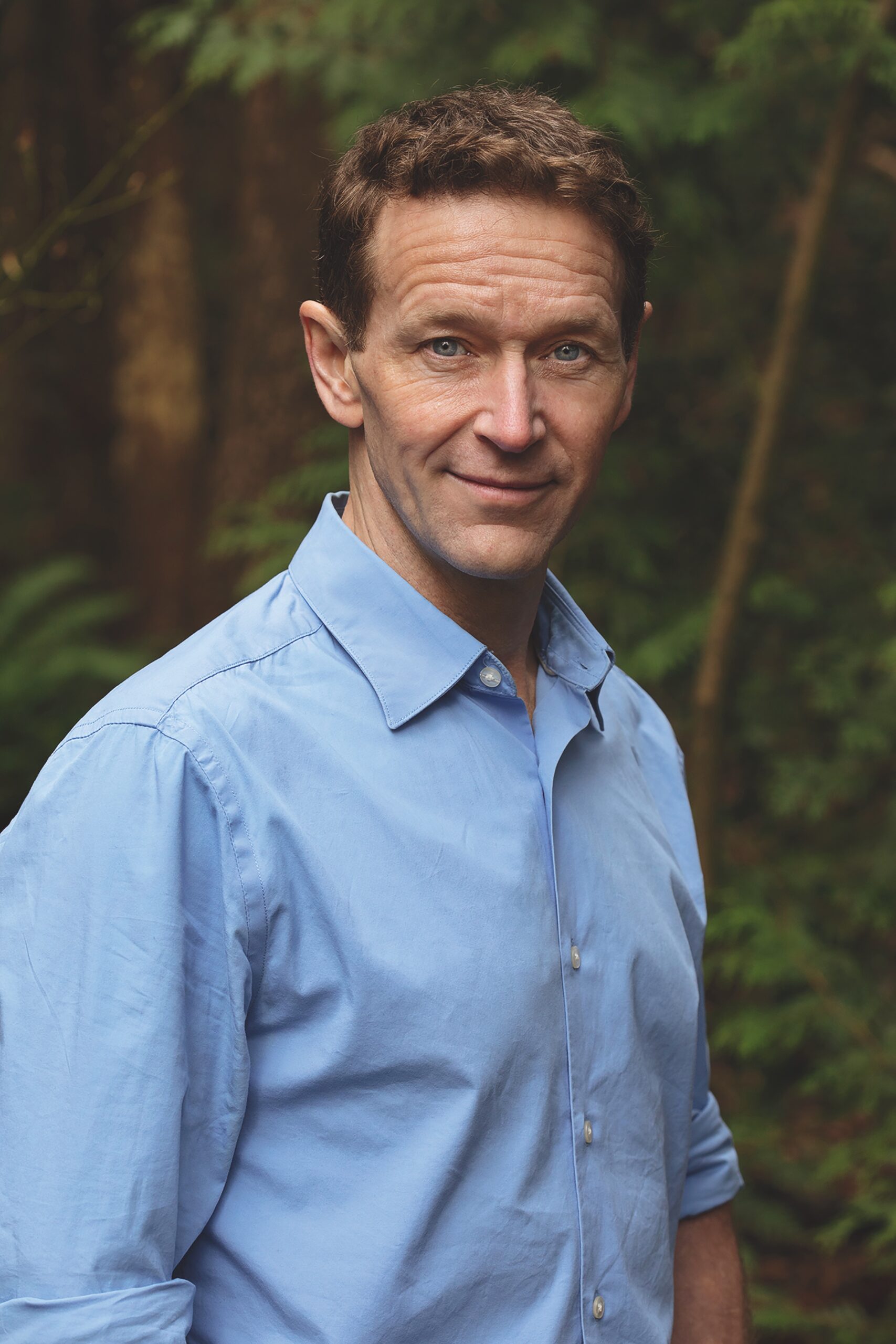



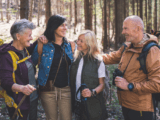



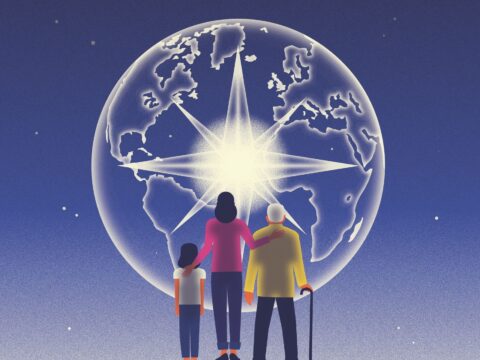
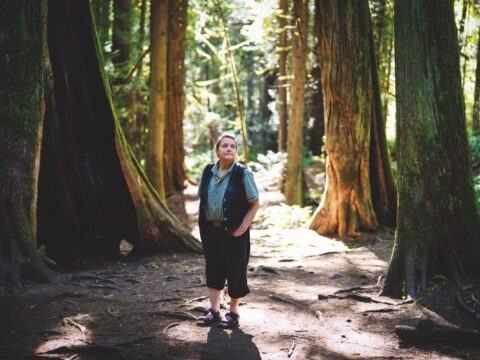

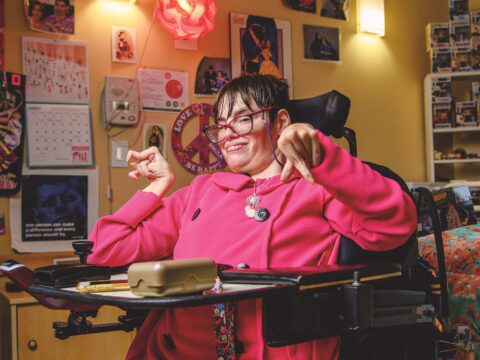

“We are dependent on the consumer society as we know it. We are vulnerable to its forces, and that should challenge us.”
To me this is a half truth, yes we need food in our belly and a roof over our heads, but our current “Western” society is the epidemy of “ME”.
We are not happy unless we one better the next, no matter the cost. Do we not remember the day when we were “shocked” to learn that some time in the future every household would have a computer? Now find a home with less then one. A home 20 years ago in Canada’s major cities were $250,000 now at a $1,000,000? Do we really need that European cruise, a refrigerator with a smart screen to read our recipes or car with a heated steering wheel?
A consumer society has been around since (at least) Solomon’s time. (2 Chronicles 9:14).
We are only vulnerable if we want to be. Greed, pride and envy drive our materialistic world.
“Many people make that turn really quickly and start to invest in what’s most important to them: their social contacts, the people they care about, spending time in nature and developing more meaningful pursuits. ”
Here there is a suggestion that once the “pandemic” ends, we will once again turn to what is most important.
Is there just consumerism to live for? I don’t think our society is that far gone yet, unless I’m naïve.
Finally “buy the book” which is using up natural resources so the author can make a good living, telling us not to purchase unnecessary things which affect our environment.